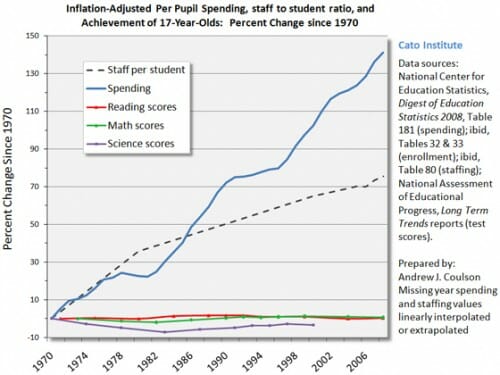I have come to the conclusion that politicians believe Americans all have Alzheimers. And, given the lamentable state of the media, they may be right.
Example 1
We can argue about stimulus and the Depression all we want, but I had, until the last few days, thought the absolute one thing we all 100% agreed on is that the Smoot-Hawley tariffs and the trade war they sparked were one of the leading causes of the worldwide economic death spiral in the late 20's and 30's. Or not:
The stimulus bill passed by the House Wednesday contains a controversial provision that would mostly bar foreign steel and iron from the infrastructure projects laid out by the $819 billion economic package. A Senate version, yet to be acted upon, goes further, requiring, with few exceptions, that all stimulus-funded projects use only American-made equipment and goods.
Here is a nice story of another "Buy American" steel fiasco.
Example 2
Last year -- I am talking about just 3 months ago -- I thought it was fairly clear that the immediate cause for the financial meltdown for which the TARP bailout was being crafted was the systematic relaxation of underwriting standards that led to large numbers of loans (and their lenders, securitizers, etc) going belly-up. Folks could argue whether this was because of deregulation or greed or government distortions and interventions, but I thought there was not doubt that poor credit judgment and excessively free credit were at the heart of the problem. Or not:
House Financial Services Committee Chairman Barney Frank said President Barack Obama will require banks receiving government aid to lend more to businesses and consumers, saying the Bush administration "made a mistake" by not setting stricter rules for institutions getting funds from the $700 billion financial-rescue package.
"I think you're going to see the Obama administration, having learned from that, push for much more lending," Frank said today on ABC's This Week. "There are going to be some real rules in there."
So Frank and Obama are upset that the bailout of banks that were overgenerous on credit did not include provisions to force them to be more generous with credit?
Final thought: At the end of the day, businesses and individuals have a felt need to deleverage. That is going to cause a recession, end of story. The Congress's and Obama Administration's obsession with short-circuiting this sensible desire to reduce debt is not only counter-productive, it is offensive. Banks are sensibly trying to strengthen their balance sheets, but the government wants to stop them. Individuals are trying to cut back on spending, reduce debt, and save more. Again, the government wants to stop them, by going to debt and spending for them if consumers won't do it on their own.

